 Last week, I used this space to repost an article about the definition of equity that my colleague, Betsey Russell, and I published on the Stanford Social Innovation Review blog. I also shared the news about a new field scan we produced for the Robert Wood Johnson Foundation about the ways in which foundations are trying to incorporate equity into their work – both externally in grantmaking and in internal operations.
Last week, I used this space to repost an article about the definition of equity that my colleague, Betsey Russell, and I published on the Stanford Social Innovation Review blog. I also shared the news about a new field scan we produced for the Robert Wood Johnson Foundation about the ways in which foundations are trying to incorporate equity into their work – both externally in grantmaking and in internal operations.
Clearly, there is great interest in this topic. Our open and click-through rates for that newsletter were off the charts. We received feedback and great ideas from a number of readers, and several comments on the SSIR blog.
All of these comments reinforced a few key points about equity for us:
- There are many, many organizations doing good work around equity. And while there is no way we could ever learn about and acknowledge them all, we were encouraged to see the eagerness with which they let us know they were there. Some were old and dear friends, like the folks at PolicyLink who have been defining and leading the equity charge for more than two decades. Others were organizations we’d not connected with before, and we were delighted to learn from their experiences.
- There are countless definitions of equity circulating out there. Several comments on the SSIR blog posts and emails we received shared the definitions used by equity-focused organizations. A couple of readers urged us to incorporate a gender lens more explicitly in future equity research. Indeed, just the sheer number of equity definitions out there reinforces our point about the difficulty in achieving clarity and consensus around meaning. There are many compelling individual definitions, but not a broadly shared one. What might happen, we wonder, if a plurality of organizations all adopted a shared definition, like PolicyLink’s Equity Manifesto, for example?
- There is a great thirst among foundations for information. They desire to know what to do, what others have done, and how to do it themselves. They are hungry for more resources tailored specifically to funders. Might it be that the philanthropic field is on the cusp of a revolution in terms of openly and outwardly learning about and discussing how equity can be incorporated into every aspect of the philanthropic process? We certainly hope so! (Again, there are manyl funders who have been working explicitly on equity for years, but our research and the reactions to it would indicate this is the exception rather than the norm.)
- There is room in the equity conversation for everyone, and everyone should take part. Whether you’ve been working on and learning about equity for a very long time or are new to the work of applying an equity lens to philanthropy, education, health, the justice system, or any other area – your voice matters, and your experience and perspective can help inform the conversation.
As for those of us at Putnam, we are honored to be participants in the ongoing conversation, to learn from the wisdom and experience of others, and to be part of the pursuit of equity in our society. If it would be helpful to discuss these findings further with your organization, please don’t hesitate to contact me at kris@putnam-consulting.com or 899-598-2102 x1.
______________________________________________________________________
Kris Putnam-Walkerly is a global philanthropy advisor and was recently named one of “America’s Top 25 Philanthropy Speakers.” She will be speaking next at Exponent Philanthropy’s Annual Conference this Wednesday September 28th in Chicago on “High Risk, High Return Philanthropy“, and is the featured speaker at the North Carolina Network of Grantmaker’s Health Legacy Foundation Board Summit on October 17th in High Point, NC.
“Kris is great at making the complex easy to understand, and helps grantmakers shift their thinking to embrace new possibilities and opportunities. Her presentations to our board and grantmakers association were engaging, informative and inspiring, and have set us all on a clearer path toward effectiveness.”
~LaTida Smith, CEO, Moses Taylor Foundation






